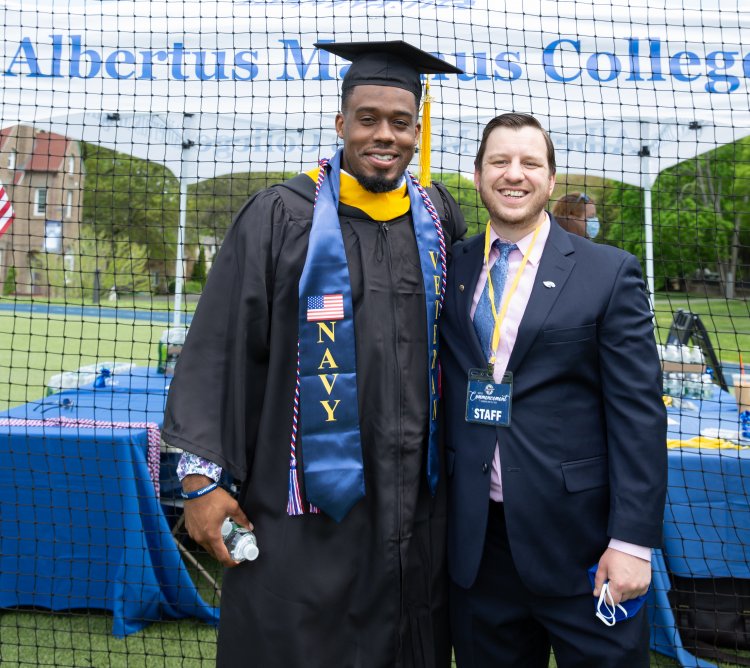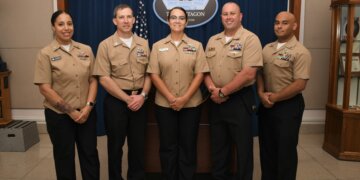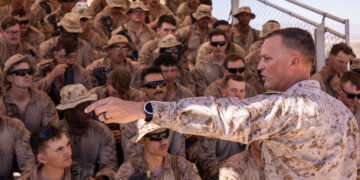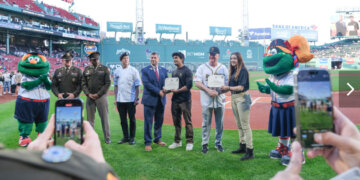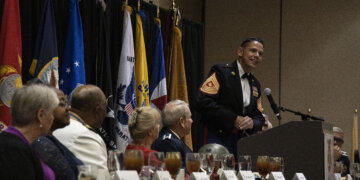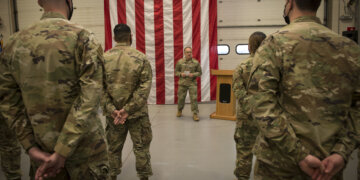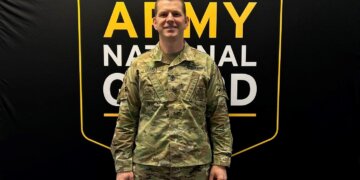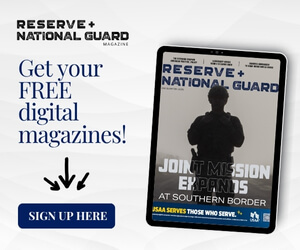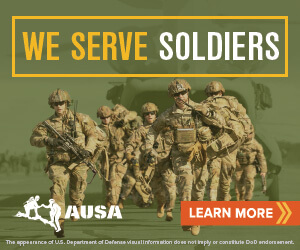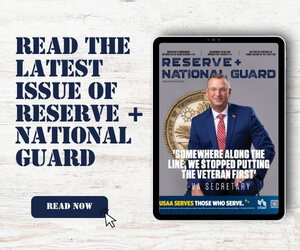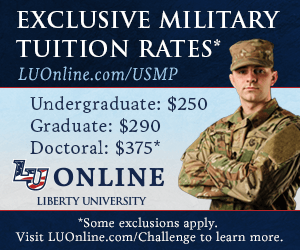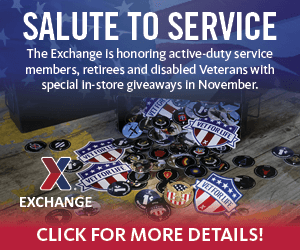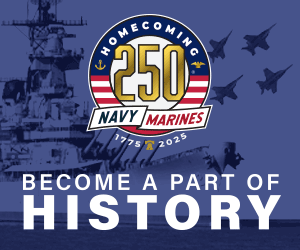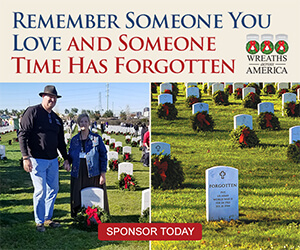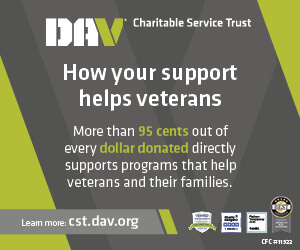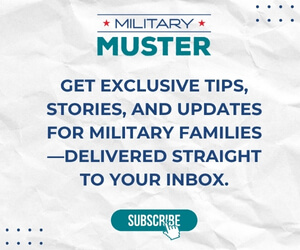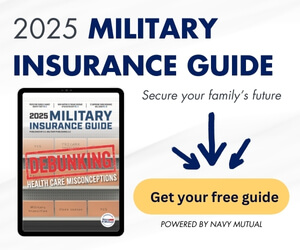A New England-based college is offering military-affiliated students the innovative programming needed to be competitive in today’s job market.
Located in New Haven, Connecticut, Albertus Magnus College announced it will offer a new Bachelor of Science degree in Supply Chain Management starting this fall. The new program is part of the college’s strategic plan that calls for “the development of new academic programming that prepares students for a rapidly changing, globally interconnected world,” according to a press release. It also aligns with a recent executive order President Joe Biden signed stating a need for supply chains that “will revitalize and rebuild domestic manufacturing capacity, maintain America’s competitive edge in research and development, and create well-paying jobs.”
Dr. Bill Aniskovitch, Chair of the School of Business and Director of the College’s Healthcare Management Program, says the addition of the Supply Chain Management degree makes sense because Albertus already had the foundation to build a program that prepares students for a technologically fast-paced environment.
“The best academic training for supply chain jobs is an experience that combines the critical thinking focus of a traditional liberal arts program with the more hands-on, practical forecasting, logistics, procurement skillsets. It also requires someone who can communicate within a team framework and demonstrate some leadership. Albertus is interdisciplinary by nature, and so that fits right in our wheelhouse,” he said.
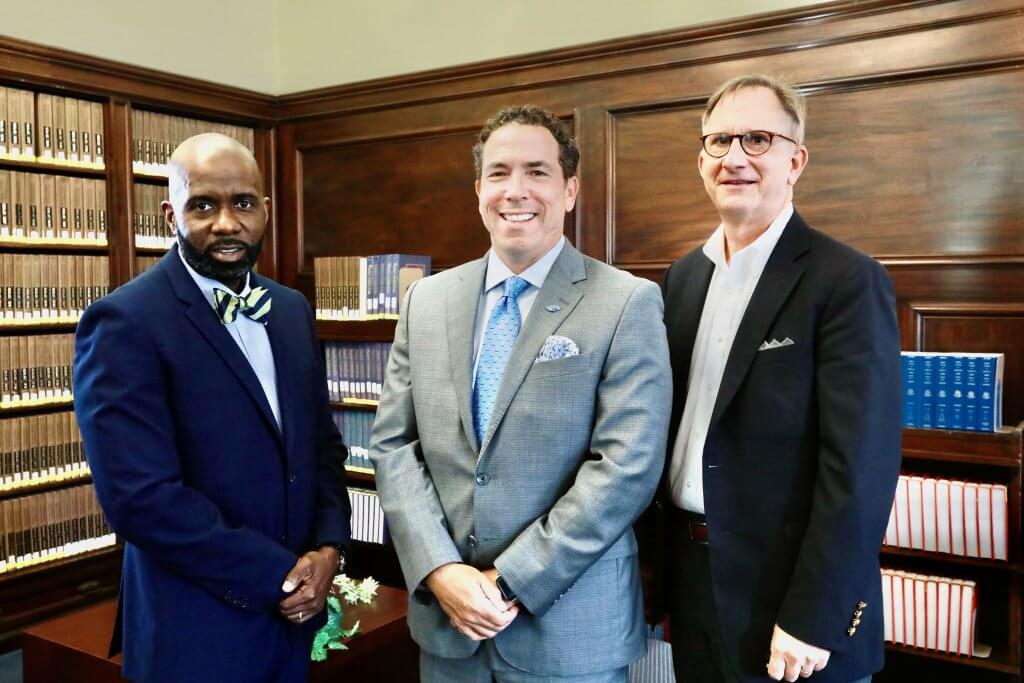
Aniskovitch, whose father is a Marine veteran, works directly with active-duty service members in his off-campus role as the CEO of Stonington Behavioral Health, Inc. He says the military’s focus on effectiveness and efficiency makes those who have served a natural fit for this program.
“Given my experience over the last 12 years working with service members in the program I run, I’ve learned that the military prepares a person with three crucial skills: problem solving, leadership, and a good work ethic — all three of those are crucial to the role of supply chain managers. One of the great things for active-duty service members and veterans is they already have the foundation [for this program] and we can layer on to that,” Aniskovitch explained.
He added that the market demand for students with this type of degree is “pretty significant” with the Bureau of Labor Statistics citing an anticipated 8-12% growth of the field over the next six years.
For nearly 200,000 transitioning service members, the Department of Veterans Affairs finds employment to be a top challenge. The education benefits earned from a military career make the pursuit of a degree a common next step amongst those seeking to expand on skills already gained from service. In addition to the upcoming Supply Chain Management degree, Albertus Magnus offers a range of program options including Cyber Security, Game and Computer Arts, and Criminal Justice, to name a few.
A student-centric experience
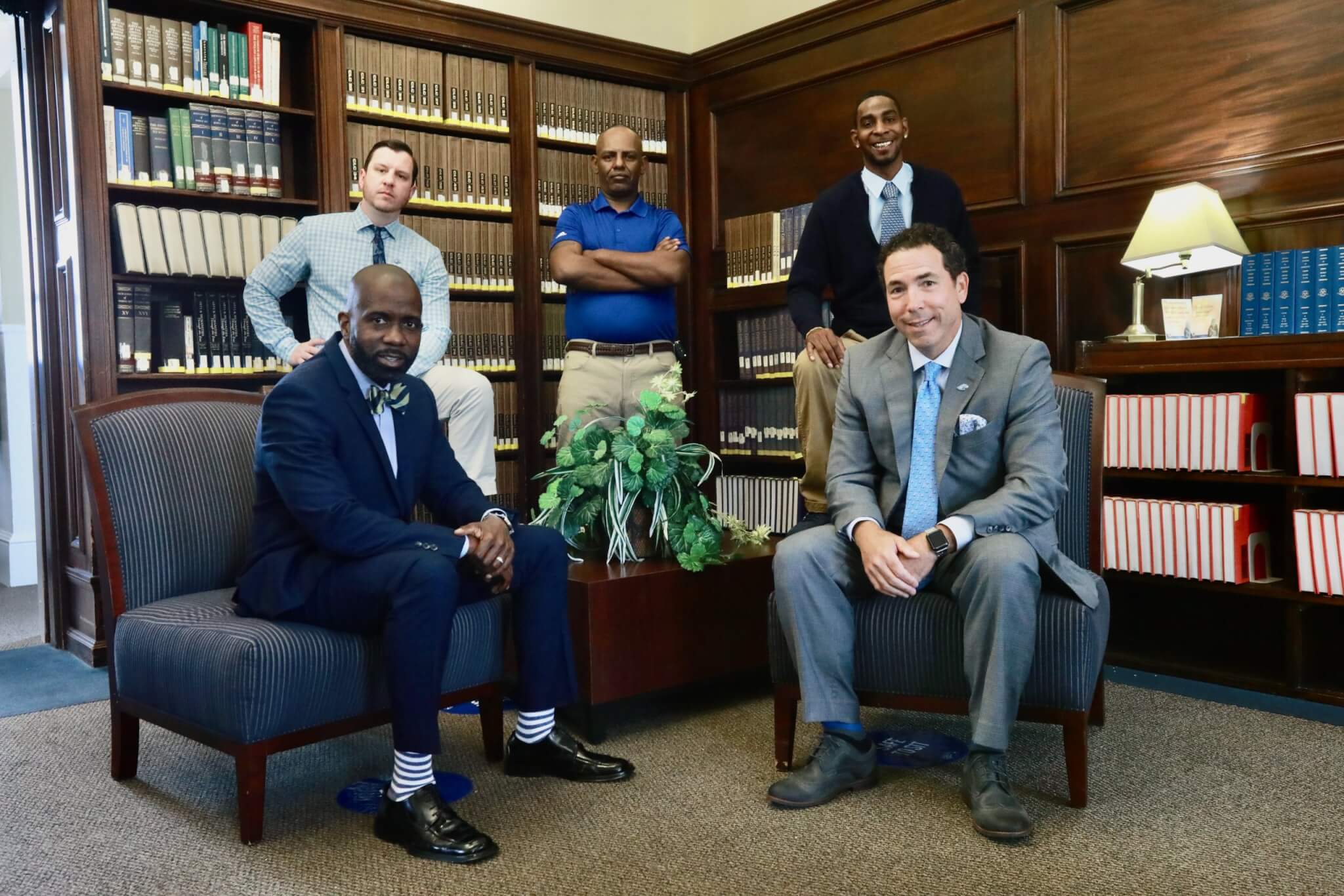
Founded 95 years ago, Albertus Magnus was New England’s first residential, Catholic, liberal arts college. Its president, Dr. Marc M. Camille, says the Dominican Sisters of Saint Mary of the Springs who embarked on this effort did so to give women access to the same quality education as men.
“They were really bold in doing this at the time, especially if you look at what was going on in higher education. But they had a calling about equity and access,” Camille said. “And from that moment to where we are today, Albertus has evolved to fully co-educational, as an example, but what it has never swayed from is a student centric experience.”
Despite the college’s growth that is anticipated to continue, Camille describes a “boutique approach to education” that is laser focused on student success.
“We want to see you grow and develop over your four years that you’re with us, into your best self; into a self that maybe when you started with us, you didn’t even imagine was in you. That’s one of the beautiful things about Albertus,” he said.
Camaraderie on campus
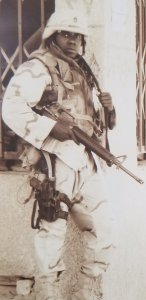
Campus culture includes a faculty that is reflective of its student body, like retired Master Sgt. James Scott who completed his undergraduate studies at Albertus and now teaches criminal justice as an assistant professor.
“I was what they considered a non-traditional student, where I came at nighttime to finish my degree. I was lucky because my faculty advisor now happens to be my colleague that I share an office with.”
Scott retired from both the Army National Guard and the Connecticut State Police after more than two decades. He said his desire for public service began in his youth when he interned at a police department. One of the officers he worked with was a command sergeant major and they talked about the benefits associated with the National Guard. After that, Scott decided to enlist when he was 17 years old.
“I knew I had an interest in becoming a police officer, and then when I joined the Guard I selected military police as my specialty, thinking I would get some skills to help me in the police process,” Scott said.
For others considering a similar path, Scott recommends prospective students explore the college because it offers a small student-to-faculty ratio.
“Some things that make Albertus unique, we’re going to provide you with a value-based education that is very well-rounded — along with that, it’s a very intimate setting that affords me the opportunity to really learn about the students I have the pleasure of working with. I know everyone’s name. That kind of translates for a military person because it’s almost like a squad environment,” the Operation Iraqi Freedom veteran said.
Like Scott, Keith Walker chose a degree that aligns with his military occupational specialty. A current accounting major at Albertus, he served as an Ammo Stock Control and Accounting Specialist in the Army from 2009-2013.
“I’m actually trying to be an accountant so I can work for the Army as a subcontractor,” he said.
Walker said he enlisted in the military to create a better life for his family after working two-to-three jobs that just paid the bills. Throughout his four years as a soldier, he was stationed in Kentucky, Alabama, Texas, and South Korea. He waited until he transitioned from active duty to start school because of the time restrictions, but has found the secret sauce to excel — the New Haven-native currently has a 4.0 GPA.
“Stay organized and stay focused. I’m on the dean’s list, and I just try to stay on a schedule. Always hand in assignments on time; early, if you can. Class participation is very important and helps you connect with your peers,” Walker said.
It’s personal
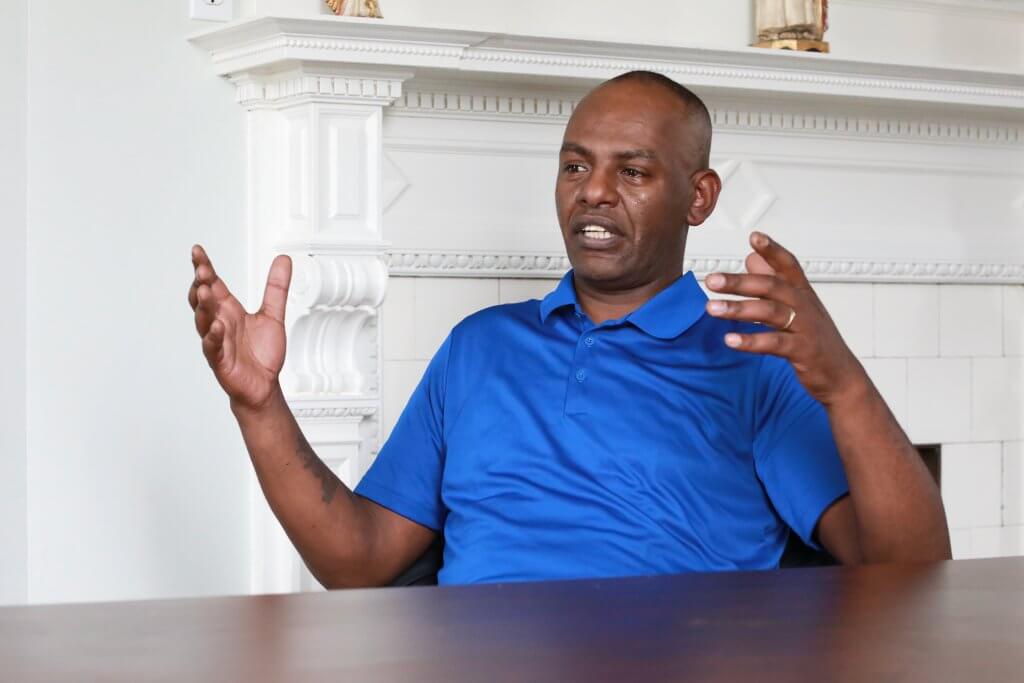
Recent graduate Nebiyou Masresha credits the community environment at Albertus with securing his success. And for this former soldier, education is personal.
Masresha enlisted in the Army in 2010 after watching his father serve. He says his family has always made school a priority, so the transition from combat to college felt seamless.
“It’s not that different. While you’re in your unit, you’re always training, and when you’re in school, you’re always learning,” he said.
Masresha, who graduated in the June, chose his major after seeing veterans receive inadequate care from the VA.
“I think mental health is a big issue. While I was in the military, I was a suicide prevention specialist, and coming back from deployment, I lost friends. And personally, I was diagnosed with PTSD. That pushed me to go into social work,” he shared through tears.
He attended an evening program at Albertus that allowed him to maintain his other responsibilities — a demand not uncommon for adult learners.
In the spring, Masresha received his bachelor’s degree after an eight-year journey. He credits his family’s support and his own personal drive with getting him to this point, but also the staff from Albertus who pushed him.
“Without Tom [Noonan], I don’t think I would have done it,” he added.
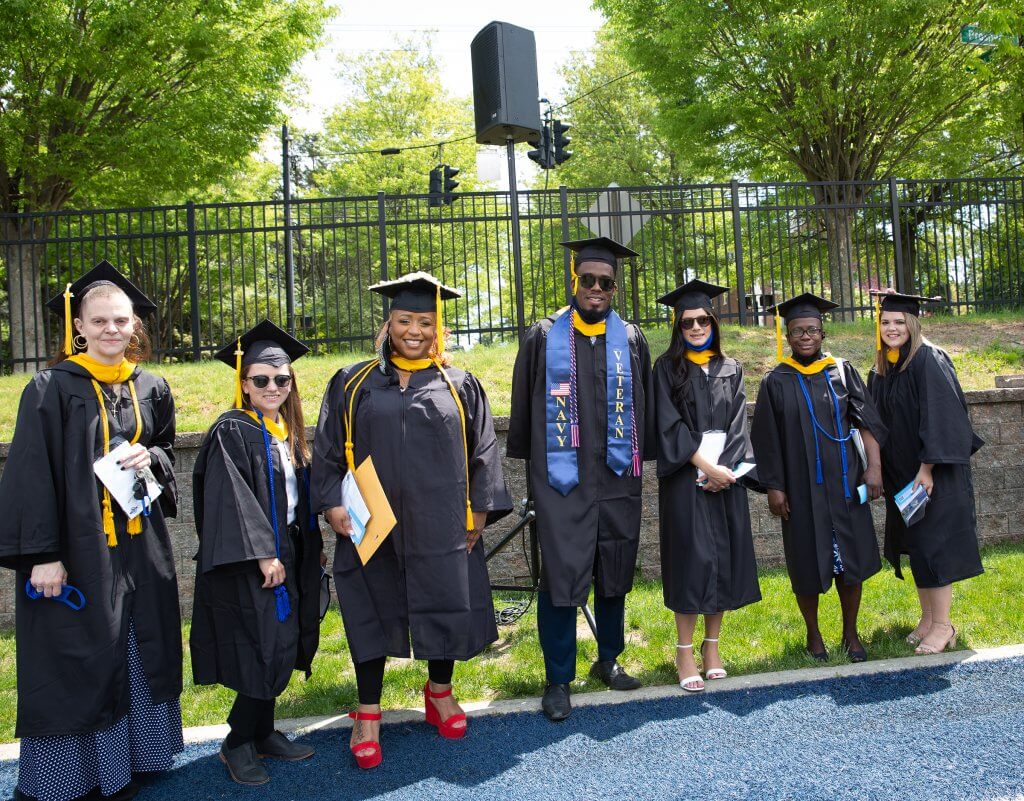
Veteran’s Liaison Tom Noonan is the intersecting point for all things military at Albertus. Whether a student is an active-duty service member, veteran, National Guardsman, reservist, or military spouse, Noonan is the go-to resource for undergraduate and graduate studies.
“I deal with anything related to student veterans, from admissions to retention issues to services if they need me. I also do a lot of outreach with different veteran groups around the state, to keep up with different policies that are changing all the time. This also helps me know about new resources that exist, especially as they pertain to mental health,” Noonan explained.
His own resume includes eight years of Army service, along with personal decorations like the Soldier’s Medal.
He left active duty in 2008 and quickly realized his interest in being an advocate for why veterans should pursue post-secondary education. Albertus Magnus’ four pillars resonated with Noonan’s familiarity with Army values, leading him to take on this pivotal role in 2018.
“It was easy for me to get on board here with what we are doing with helping students because of the mission of the college. Not only do we help students in their education, but with service and experience throughout the community as well,” he said. “I’m here mainly because I don’t want to see any veterans go through what I went through in my undergraduate degree.”
He cites the “fear of the unknown” as a big challenge faced by student veterans.
“We [veterans] have so much real-world experience and we become so proficient, and so good, at our military job, but we don’t know exactly what a college classroom is going to hold for us,” Noonan, who is currently pursuing his master’s degree, said.
Albertus Magnus College has designed its offerings and support services in a way that adult learners, like military-affiliated students, has options that are adapted to their lifestyle. Noonan said that includes traditional undergraduate programs, but also online and flex programs. His team is personally invested in not only ensuring students reach their end goal, but that they are armed with the tools needed to attain gainful employment after degree completion.
Seeking a career in art therapy?
Art therapy is a human service profession that blends the disciplines of art, psychology, and counseling. Albertus Magnus offers a Master of Arts in Art Therapy and Counseling program that was first established in 1997. Its director, Dr. Lisa Furman, who has been a practicing art therapist for more than 30 years, says it prepares students to become career ready.
“We have always been the only accredited graduate art therapy program in the state of Connecticut. When students graduate from our program, they are they eligible to sit for licensing as an art therapist, but they’re also eligible to sit for the exam for licensing as a Licensed Professional Counselor (LPC),” Furman said during an interview with Reserve & National Guard Magazine.
She explained the program is unique in that it does not fall under the Fine Arts program — like other art therapy programs — and instead is part of the Psychology Department, which means students conduct an “exceptional, culminating research project.” Albertus Magnus students have gone on to win awards for this research from the American Art Therapy Association.
“It’s beneficial because most of our students go on to present, to publish, to expand on their research, which then has impact on public policy and literature in the field. I’m very proud of that,” Furman said.
Alumni have also worked as interns for the local VA center in West Haven, Connecticut, which offers creative arts as a form of rehabilitative therapy to help veterans recover from and cope with physical and emotional disabilities.
The Department of Veterans Affairs boasts its status as “the largest employer of Recreation Therapists and Creative Arts Therapists in the nation” on its website.
Possible career paths with a Master of Arts degree in Art Therapy and Counseling include:
- Art therapist
- Private practice psychotherapist
- Family therapist
- Bereavement counselor
- Substance abuse counselor
- Art therapy researcher
- Group therapist
- Assisted living or senior center program director
What makes a student a good fit for this program?
Furman said that in addition to meeting the pre-requisites for the program, students should demonstrate a passion for the art process in their application essay and interview. Additionally, their portfolio should show an openness and a curiosity for trying a broad range of art materials that can fit the needs of future clients, along with various types of content like portraits, landscapes, and abstract work.
“You have to be sort of a Renaissance artist, a jack of all trades. We want to see that this person can support a variety of clients … and has a strong desire to be in the profession and a belief that it works and helps,” she added.
The Master of Arts degree in Art Therapy and Counseling is accredited by the Commission on Accreditation of Allied Health Education Programs. Albertus Magnus will host a virtual information session on Sept. 23 at 5:30 p.m. Prospective students should visit www.albertus.edu/art-therapy/ms or contact admissions at cobrien1@albertus.edu.




